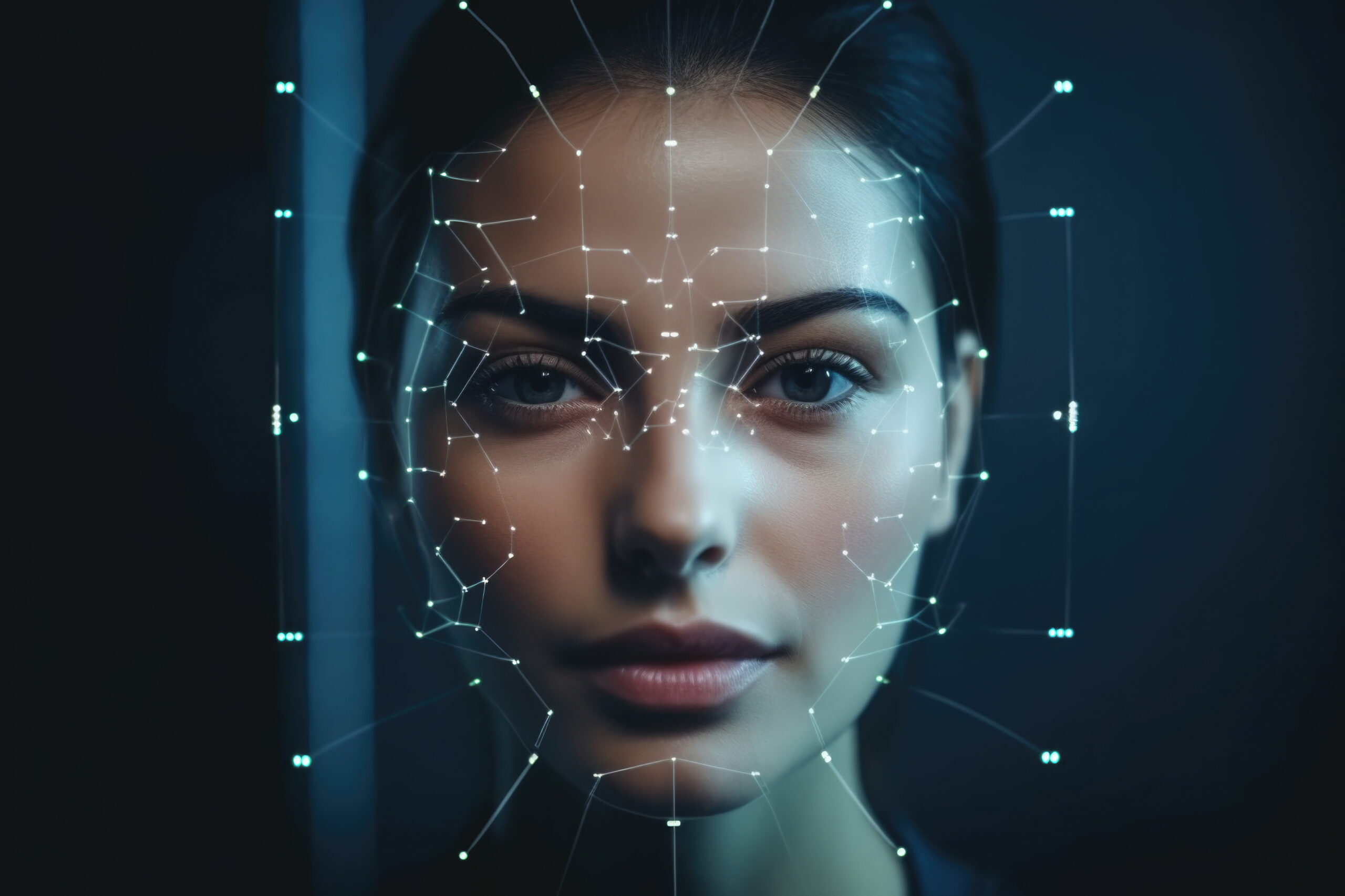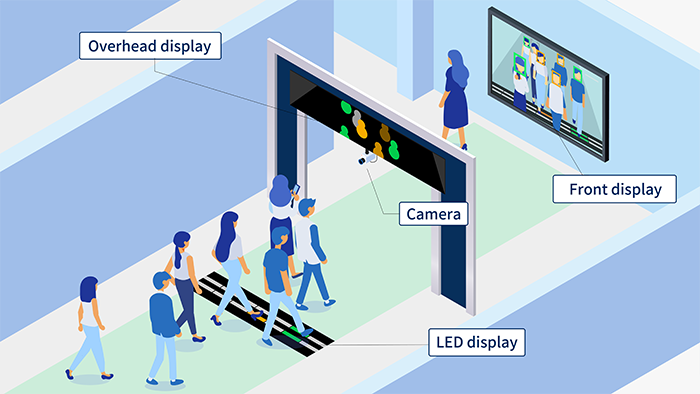– INDUSTRIES
Government
The New Zealand Government and wider public sector consists of over 130 entities which scale from large Public Service Departments (~30), Non-Public Service Departments (~5), Crown Agencies (~30), Autonomous (~15) or Independent Crown Entities (~17), Crown Research Institutes (~7), Crown Entity Subsidiaries (~150), Tertiary Institutions (~30) State Owned Enterprises (~12), Offices of Parliament, Trusts and Mixed Ownership Model companies. To this add almost 2,500 School Boards of Trustees.
New Zealand has a modest national population of around 4.79m people but enjoys a full public service model which means that the New Zealand Government and wider Public Service plays an incredibly important role in the day to day lives of New Zealand Citizens. This sector accounts for around 40% of the total New Zealand spend on Information and Communications Technology (ICT).
In recent years NEC has been helping the New Zealand Government to deliver on their core goals of enabling the NZ public to interact and to transaction with the agencies digitally and in an integrated and safe manner.
Who we work with
NEC has been partnering with New Zealand Government institutions and agencies for almost four decades. NEC has recognised expertise in Biometrics, Telecommunications, Networking and Field Services support. Worldwide, NEC is the #1 provider of fingerprint and palm print technologies (independently benchmarks by the National Institute of Standards and Technology – NIST) and counts New Zealand Police, Department of Internal Affairs and Immigration NZ among its international biometrics partners.
NEC has particularly close relationships with Police Law Enforcement and several central agencies for specific solutions such as those using Facial Recognition, passport image capture and matching and for border control.
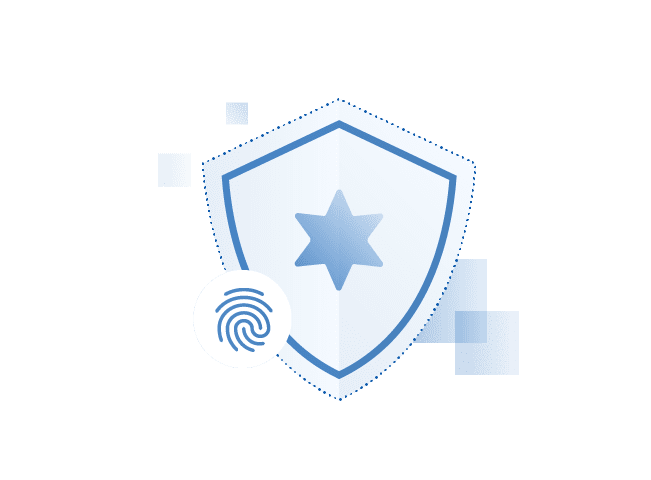
Case Studies
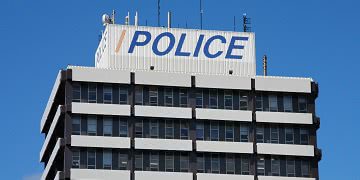
New Zealand Police/Law Enforcement
Using NEC Fingerprint and Palm Print recognition solutions including LiveScan Kiosks.

Department of Internal Affairs
NEC Facial recognition and matching algorithms are in use for New Zealand Citizen Passports within the Department of Internal Affairs and other central agencies.
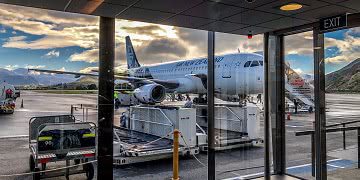
NZ Immigration
NEC Facial recognition algorithms are imbedded in solutions within New Zealand Immigration.

Our biometrics solutions for Government agencies
NEC works with Government agencies to provide a wide range of products and solutions, primarily within the biometrics area of expertise. NEC New Zealand is trusted by our leading Government agencies to deliver innovative, world-leading technologies including:
Why do Government agencies work with NEC New Zealand?
Ever since NEC partnered with New Zealand Police for their Fingerprint (and more lately Palm Print) law enforcement solutions over 30 years ago, NEC has been partnering with Government agencies, integrating core NEC biometrics technologies into core Government systems such as passports.
NEC also innovates in the area of Smart Cities and the Internet of Things (IOT), bringing new and exciting innovations to the benefit of the New Zealand public and their assisting agencies.
NEC has been intimately involved in the provision of key services to the New Zealand public for over three decades. NEC is a trusted and long-time partner of several organisations within the areas of public safety and border control. NEC is extremely proud of the assistance we continue to provide to these critical NZ departments and to the New Zealand public.

The Future of Aviation with Digital ID
Airports and more congested than ever. To make your travel experience smooth, NEC created Digital ID – a digital biometrics solution that simplifies your journey using the world’s most advanced face recognition technology.
Related Solutions
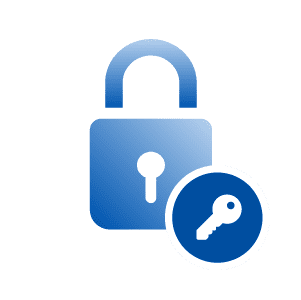
Access and Authentication
NEC’s access and authentication systems are implemented by a wide range of companies and government agencies.
Learn more

Customer Experience
NEC’s NeoFace® Welcome provides a new and unique visitor welcome that is personalised customer experience
Learn more
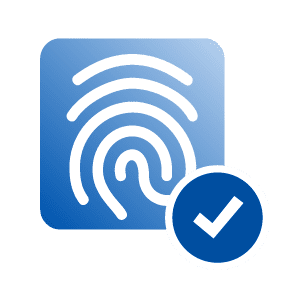
Digital Identity
NEC’s face recognition solutions have been used by many countries around the world to identify and verify well over a billion people
Learn more
You might also be interested in

Critical Infrastructure

Banking & Commercial

Passenger Information Systems
Market leadership from NEC
